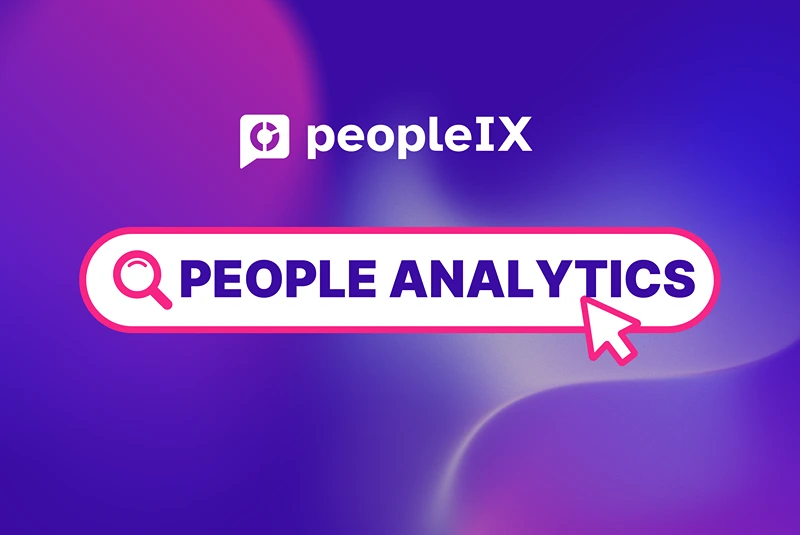Over the past decade, the role of Human Resources (HR) has changed significantly. No longer a traditional support function, HR has become an integral part of strategic business alignment, driving organisational success by linking HR strategies to overarching business objectives. This shift enables organisations to maximise the value of their human capital, drive sustainable growth and maintain a competitive edge.
With a deep understanding of both business dynamics and people management, HR professionals now work closely with the executive team to develop and implement initiatives that have a direct impact on the organisation’s bottom line. By focusing on critical areas such as talent management, employee engagement and organisational development, HR plays a critical role in building high-performing workforces – essential for long-term business success.
How HR can navigate the shift
Strategic HR planning and execution
The evolving role of HR begins with strategic planning and execution. Today’s HR professionals anticipate future workforce needs, identify critical skill gaps, and develop targeted recruitment and retention strategies to ensure the organisation has the talent it needs to achieve its goals. By aligning HR initiatives with the long-term goals of the business, HR can proactively contribute to organisational growth and success.
Aligning HR goals with business objectives
A key component of HR’s strategic role is the alignment of HR goals with broader business objectives. HR must have a deep understanding of the strategic direction of the organisation and work with business leaders to develop HR strategies that directly contribute to key business outcomes. Establishing clear links between HR initiatives and overall business performance is essential to demonstrating the value HR brings to the organisation.
Improve communication and collaboration
Strong channels of communication are critical to HR’s strategic role. Open lines of communication between HR, employees and management facilitate the exchange of feedback, ideas and concerns, fostering a culture of transparency and collaboration. Through regular dialogue, HR can gain valuable insights into the needs of the workforce and tailor initiatives to better serve a diverse employee base.
Embracing technological advances in HR
In the digital age, the role of HR is increasingly defined by its ability to leverage technology. HR professionals are now using modern HR analytics, automation tools and digital platforms to streamline processes, improve data-driven decision-making and significantly enhance the employee experience. Platforms such as peopleIX demonstrate how HR can leverage technology to optimise operations, increase efficiency and deliver enhanced services that meet the evolving needs of the modern workforce.
The power of people analytics as the future of HR
HR data analytics has become a cornerstone of strategic HR transformation. Integrating analytics into HR functions enables professionals to make informed decisions, build stronger relationships within the organisation and drive meaningful change.
Leveraging HR insights
Data-driven insights are now central to effective HR decision-making. Through the use of analytics, HR can forecast workforce needs, identify emerging trends, and improve employee engagement and retention. These tools provide quick access to critical HR data such as attrition rates, recruitment costs and training effectiveness, enabling informed, data-driven decisions that directly contribute to improved business performance.
Visualising organisational data
Effective data visualisation enables HR to gain a deeper understanding of workforce dynamics, facilitating the alignment of HR strategies with business goals. This capability enables HR to provide actionable, data-driven insights and recommendations that resonate with both employees and management.
Influence decision making
Effective communication of data-driven insights enables HR to influence decision-making, build credibility and drive meaningful change within the organisation. Cultivating a culture of evidence-based decision making not only enhances HR’s strategic capabilities, but also positions HR as a trusted partner in driving sustainable organisational growth.
The transformation of HR into a strategic function, empowered by people analytics, is central to the success of modern organisations. By mastering the combination of strategic planning, analysis and communication, HR can have a significant and lasting impact on their organisations. As businesses continue to evolve, recognising the strategic importance of HR will be key to overcoming challenges and seizing opportunities for long-term success. peopleIX can help by providing the people analytics needed to guide this shift.
.webp)

.webp)
